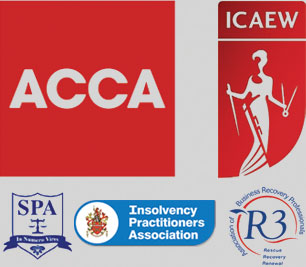Wrongful Trading – a recent case
Categories: News
A recent Court decision brought by a liquidator for wrongful trading has found in the directors’ favour and has highlighted the grounds on which a liquidator can apply (under section 214 of the insolvency act 1986) to the Court for the directors to make a contribution to the company’s assets.
Ralls Builders Limited (the company) went into administration in October 2010 and liquidation in January 2011. From June 2010 onwards, the company was under severe creditor pressure. The directors were confident that if they kept trading there was a good chance that the company could trade out of its difficulties by finishing off its contracts. In addition, the directors were expecting a cash injection into the company from a third party and had been taking professional advice during the summer of 2010.
The liquidators argued that by August 2010 the directors should have realised that there was no reasonable prospect of avoiding a formal insolvency and should have ceased trading. The liquidators sought a contribution from the directors for the debts incurred by the company for the period August 2010 to October 2010.
The Court did not agree. The judge observed that the fact that a company is insolvent and carries on trading does not mean that a director – even one with knowledge of that fact – will be liable for wrongful trading if the company fails to survive.
The judge placed weight on the evidence that the directors had taken professional advice.
The judge also commented that the starting point for establishing whether the directors should be liable to make a contribution for the debts incurred during this “twilight period” should be by asking whether there was an increase or reduction in the net deficiency of the company as regards unsecured creditors between the two dates. There had to be some casual connection between the amount of any contribution and the continuation of trading. Losses that would have been incurred in any event as a consequence of a company going into a formal insolvency process should not be laid at the door of directors under section 214.
There were reasons to believe that a period of continued trading during the summer would produce a significantly better result for the company through the enhanced collection of contract debts than the immediate cessation of trading.
The important message for directors is to take professional advice at an early stage and record what that advice was in order to avoid potential claims for wrongful trading.


Comments are closed.